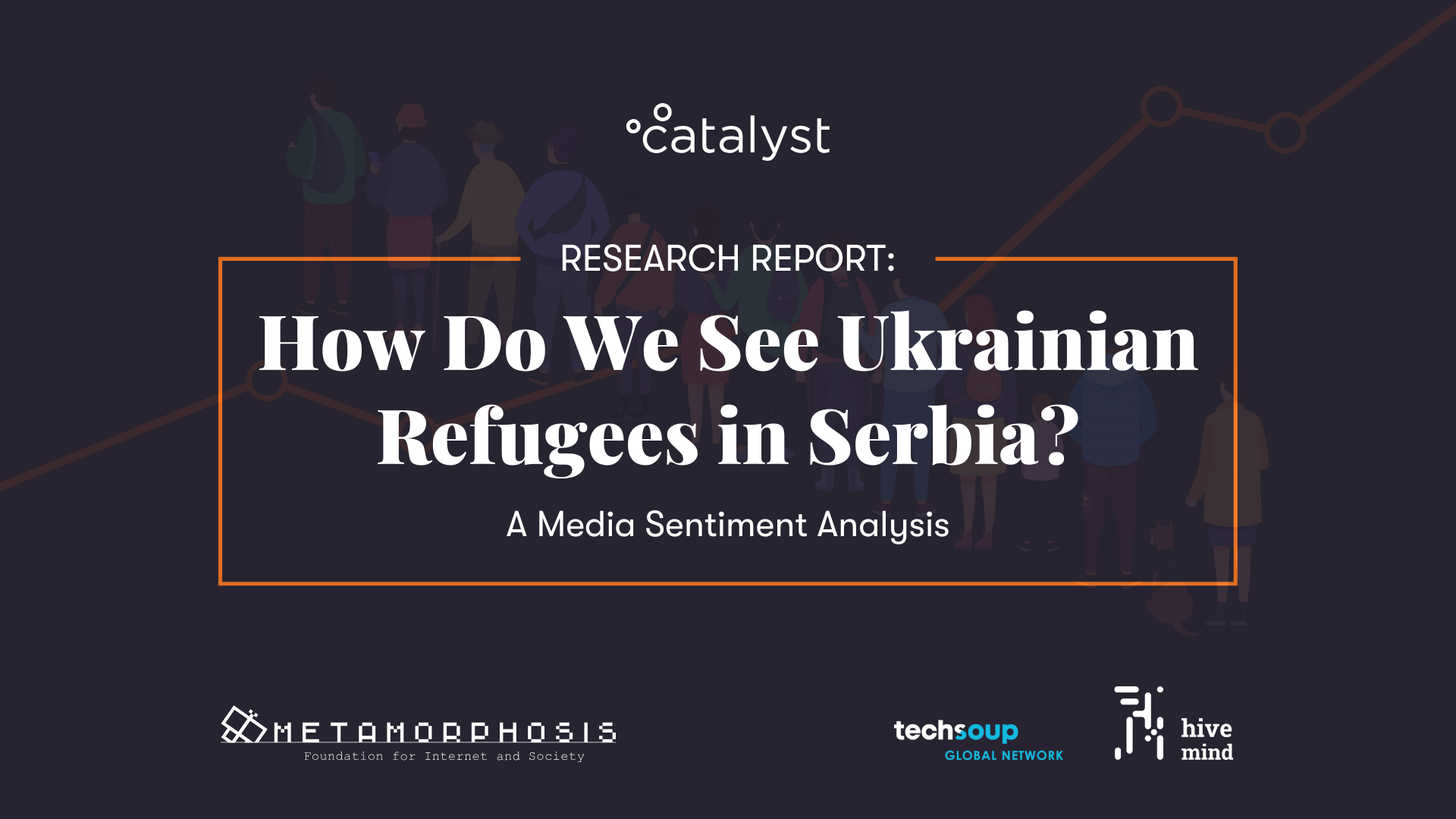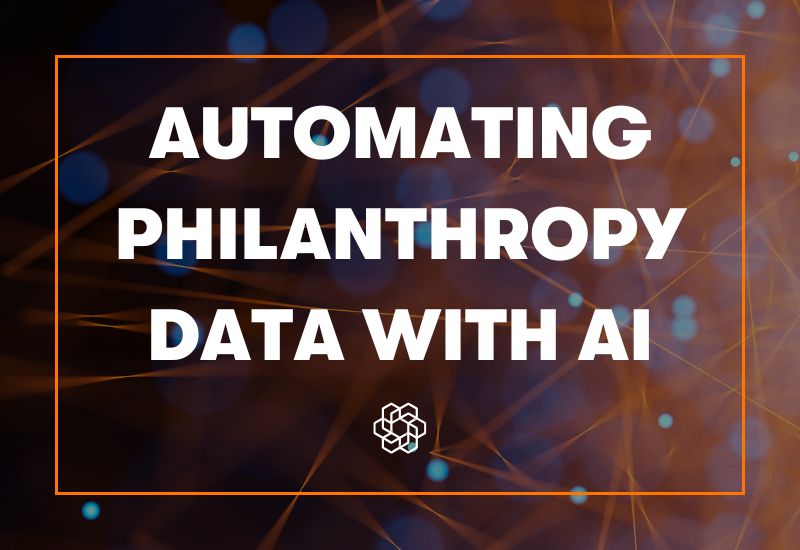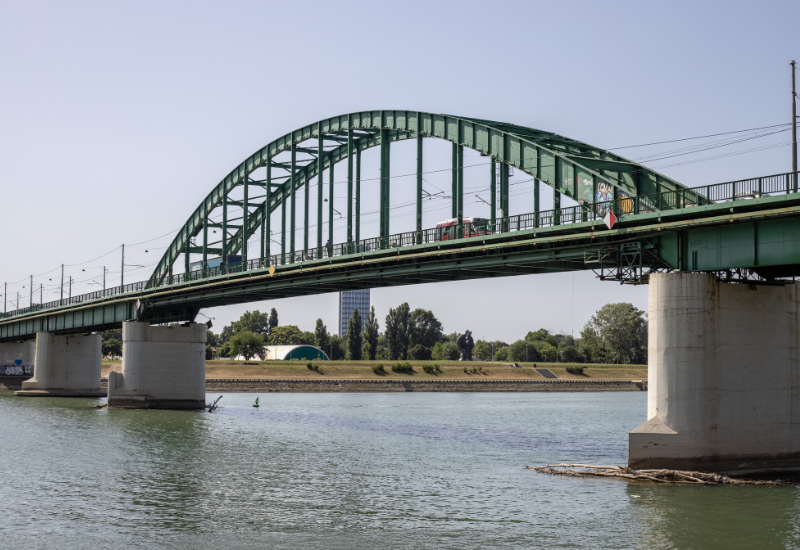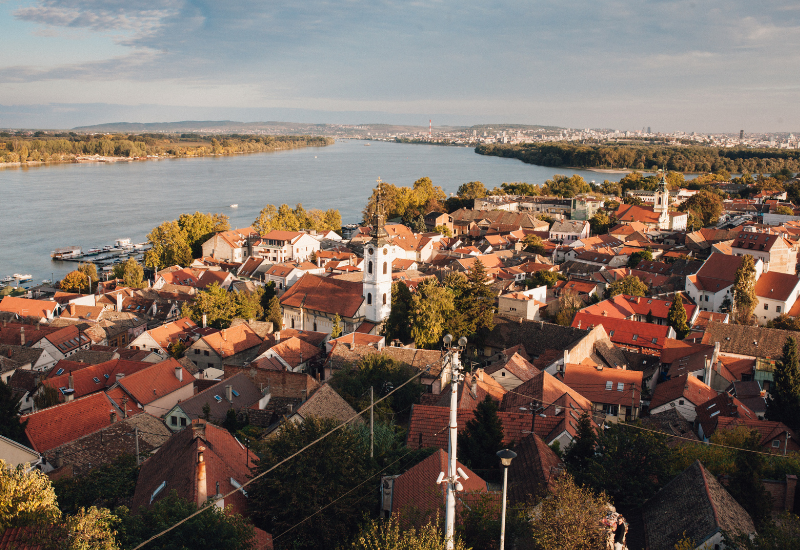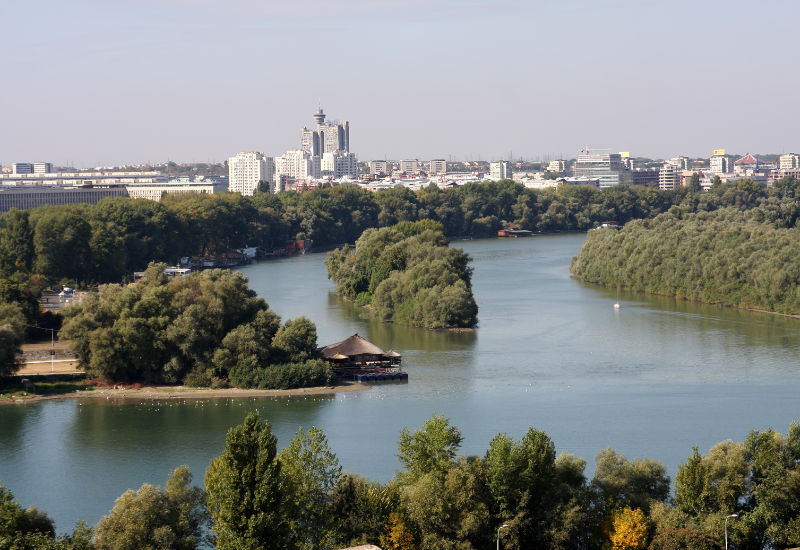What are the ways information and disinformation circulate among media outlets in Serbia and does that influence public narratives? Through our research report How Do We See Ukrainian Refugees in Serbia, we attempt to provide answers and formulate a methodology for investigative journalists and researchers to recognize agenda-setting.
